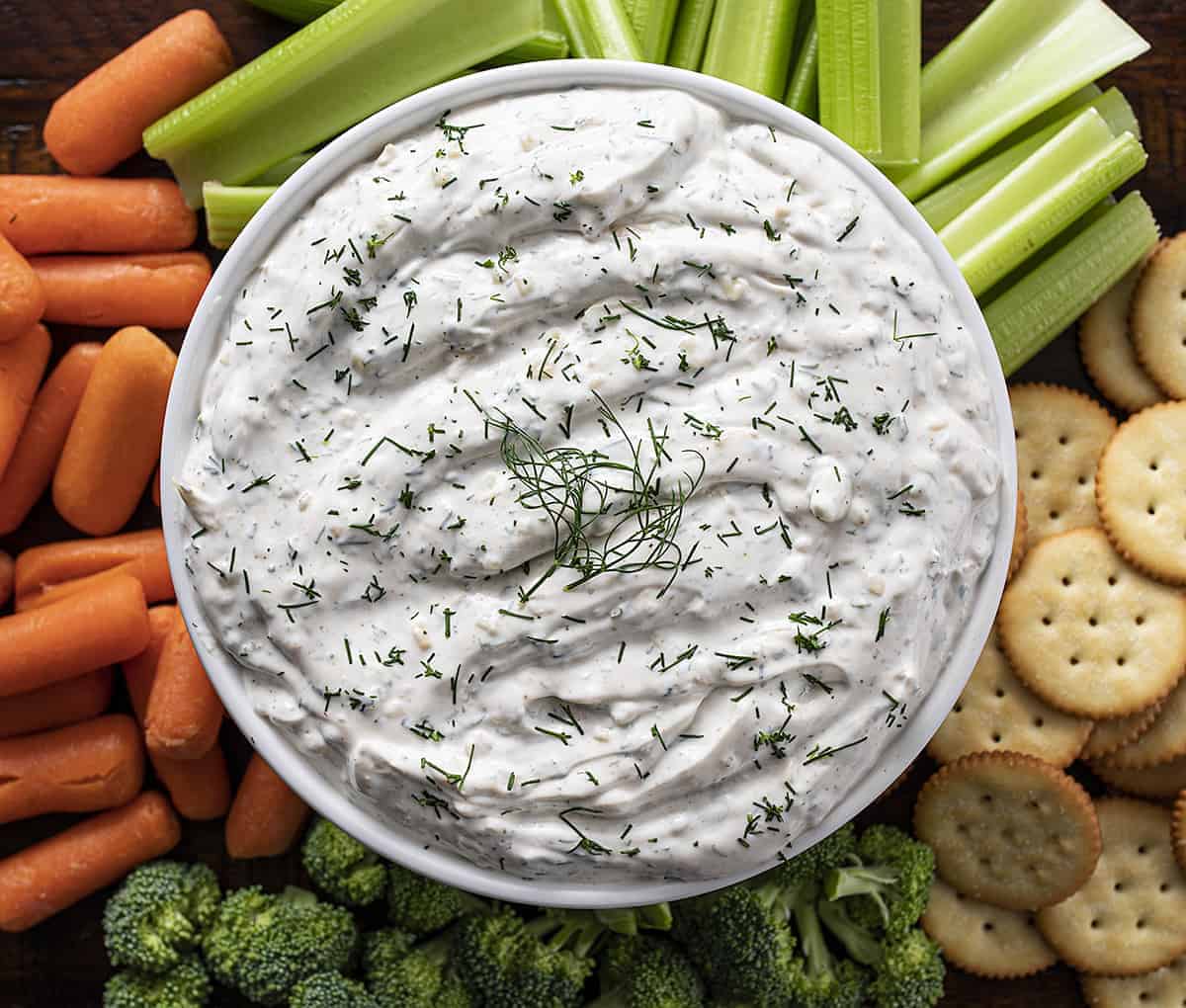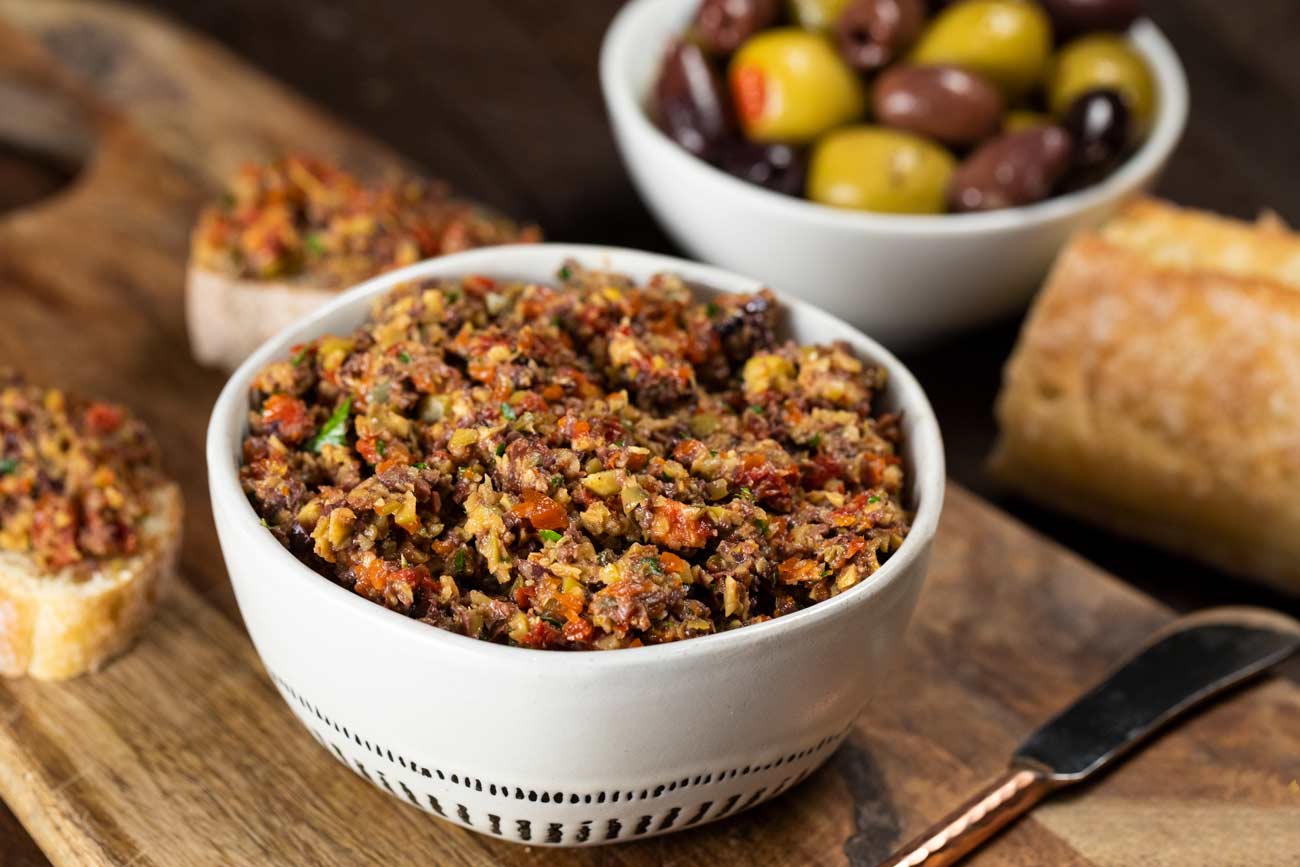How to Incorporate Healthy Foods into Your Daily Diet
Eating healthy foods every day is essential for maintaining a balanced diet and promoting overall well-being. However, with busy schedules and numerous food options available, it can be challenging to make the right choices. By following a few simple guidelines, you can easily incorporate healthy foods into your daily routine.
Plan Your Meals
One of the most effective ways to ensure that you are eating healthy foods every day is to plan your meals in advance. Take some time at the beginning of each week to create a meal plan that includes a variety of nutritious options. This will help you avoid impulsive food choices and ensure that you have the necessary ingredients on hand.
Include a Variety of Nutrient-Dense Foods
When planning your meals, aim to include a variety of nutrient-dense foods such as fruits, vegetables, whole grains, lean proteins, and healthy fats. These foods provide essential vitamins, minerals, and antioxidants that are vital for maintaining good health. Try to incorporate leafy greens, berries, quinoa, chicken breast, and avocado into your meals for a well-rounded diet.
Snack Smart
Instead of reaching for processed snacks, opt for healthier alternatives such as nuts, yogurt, carrot sticks, or apple slices. These options are not only nutritious but also help to keep you feeling full and satisfied between meals.
Stay Hydrated
Drinking an adequate amount of water is crucial for overall health. Make it a habit to carry a water bottle with you throughout the day and aim to drink at least 8 glasses of water. You can also incorporate hydrating foods into your diet such as cucumbers, watermelon, and tomatoes.
Limit Processed Foods and Added Sugars
Processed foods and those high in added sugars can have a negative impact on your health. Try to limit your intake of sugary drinks, candy, chips, and fast food. Instead, focus on whole, unprocessed foods that provide essential nutrients without the added sugars and unhealthy fats.
Practice Portion Control
While it’s important to eat a variety of healthy foods, portion control is also key. Be mindful of your serving sizes and avoid overeating, even when it comes to nutritious options. Eating in moderation will help you maintain a healthy weight and prevent overconsumption of calories.
Make Healthy Swaps
Simple swaps can make a big difference in the nutritional content of your meals. For example, opt for whole grain bread instead of white bread, use olive oil in place of butter, and choose lean cuts of meat over fatty cuts. These small changes can add up to significant improvements in your overall diet.
Conclusion
Incorporating healthy foods into your daily diet doesn’t have to be complicated. By planning your meals, including a variety of nutrient-dense foods, and making mindful choices, you can easily make healthy eating a part of your everyday routine. Remember, small changes can lead to big results when it comes to your health.
By following these simple tips, you can enjoy a balanced and nutritious diet that supports your overall well-being.











